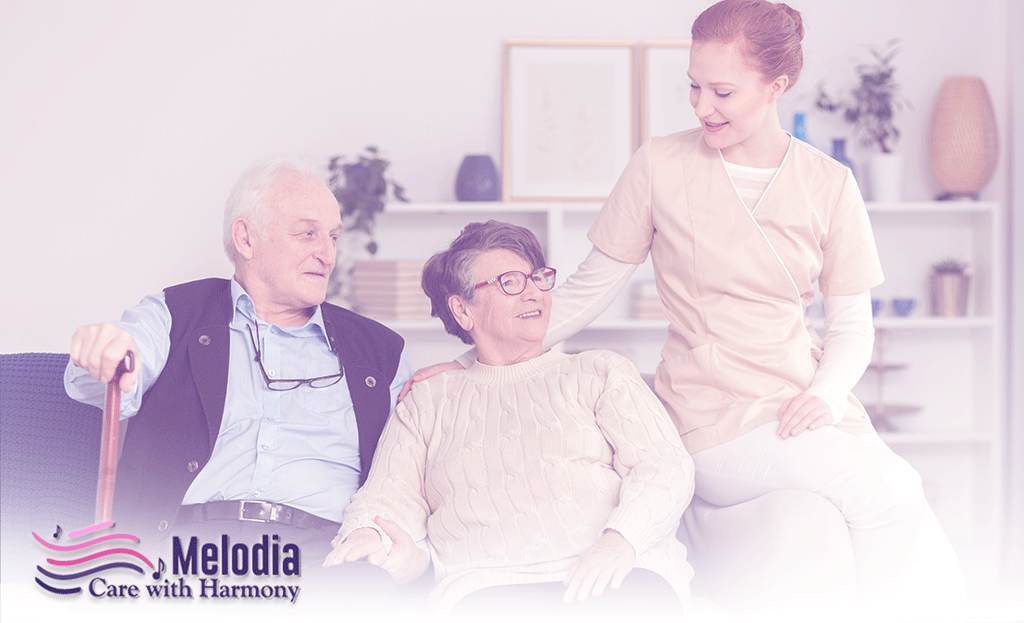Continuous Care, one of four hospice care options covered by Medicare, is for terminally ill patients. This 24/7 emergency therapy is supplied to the patient’s home for a limited duration. It respects a patient’s decision to stay home by treating the crisis and managing symptoms.
What’s continuous care?

Hospice provides 24-hour care at home for a short time to distressed patients. The Medicare Hospice Benefit covers continuous hospice care. Continuous hospice care brings medical specialists and therapies to the patient’s house to manage symptoms and terminate the crisis, honoring the patient’s want to be at home.
Chronically ill people receive regular home care to manage acute medical symptoms. Home care is only provided 24/7 in exceptional cases.
When is continuous hospice care required for a patient?

Hospices can only provide continuous care if it is necessary to maintain a patient at home, per CMS regulations. A crisis means a patient needs constant care, usually nursing care, to treat acute medical symptoms.
The NHPCO defines continuous care as nursing care for eight to twenty-four hours, starting and ending at midnight. In emergencies, homemakers or hospice caregivers can provide 24-hour nursing care to a patient.
Who is eligible to receive continuous care at home?

This kind of care may be provided by hospices either in the patient’s home or in an institution specializing in long-term care. Continuous hospice care is intended to bring about a prompt reduction in symptoms beyond the patient’s ability to control.
These symptoms and indicators, which cannot be controlled, include:
- Intense pain
- Bleeding
- Acute respiratory difficulties
- Restlessness near the end of life, accompanied by nausea and vomiting that won’t quit.
According to the criteria established by CMS, a hospice patient does not meet the requirements to receive continued treatment for hospice care if they are experiencing functional decline despite having their symptoms under control. Patients who get hospice care at home are not eligible for continuous care or receive hospice care in an inpatient hospice unit, a hospital, or a skilled nursing facility.
When would it be reasonable to have continuous care from a hospice?

According to the restrictions imposed by the Centers for Medicare and Medicaid Services (CMS), continuous home care may only be provided during times of emergency if an individual needs to remain in their own home. A patient is considered to be in a state of crisis when they need continuous care, the majority of which consists of nursing care to achieve palliation or management of acute medical symptoms.
Long-term care can be administered in the patient’s home or a dedicated institution for the elderly or disabled. Patients currently being cared for in an in-patient hospice unit, hospital, or skilled nursing facility are not eligible for this program.
What kinds of conditions require continuous care?

Hospice continuous care quickly relieves uncontrolled symptoms in a crisis. Symptoms may include:
- Severe pain
- Bleeding
- Respiratory distress
- Constant vomiting
- Endless restlessness
CMS criteria disqualify hospice patients who are actively decreasing yet have well-controlled symptoms.
When is continuous homecare unsuitable?

The CMS only allows continuous home care to address emergency pain and symptoms. Continuous home care is unsuitable:
- A dying patient without acute pain or symptom management needs
- Caregiver failure without the immediate need for expert pain or symptom treatment
- Continuous home care is not designed as respite care.
- Unless safety problems (falls, wandering, etc.) require expert intervention,
- Instead of employing caregivers or being moved,
With that in mind, if a patient’s caregiver has been providing competent care and the caregiver is unwilling or unable to continue, the patient may need a nurse’s services to replace the caregiver.
Where can continuous home care be given?

CHC can be given at home:
- Private residence
- Assisted Living
- Long-term care or non-skilled nursing (if the patient is not getting Medicare Part A skilled benefit)
- The hospice claim form care codes may depend on your state’s nursing home certification.
Where can’t continuous home care be provided?

CHC cannot be delivered in:
- Acute hospital
- SNF (where the patient receives skilled care)
- Inpatient hospice
If your loved one is in distress and needs constant home care, call Melodia Care immediately.
Liver cancer can be cured if found early, but public awareness of the disease, its signs, and therapies is needed. Knowing the warning indicators lets people help each other. We can only overcome this hurdle through community and understanding.
However, if you recognize the symptoms, you must persuade others and yourself to get evaluated and start treatment. That’s why you need to see your primary care doctor right now. Melodia Care wants to help you or your loved one. Our cancer-savvy caregivers are here to make you more comfortable. Ask today.
Extra Care: Taking the patients’ wants seriously.

We provide timely, appropriate care. Melodia Care Hospice & Palliative Care’s continuous care program provides 24-hour care throughout the patient’s dying hours. Melodia Care’s end-of-life care principles—no one should die alone—inspired this unique hospice care program.
Nobody should die in pain.

Once continuous care begins, a Melodia Care team member will stay bedside as needed. Melodia Care supports the patient and family in this final transition, even when symptoms are well-managed.
Continuous home hospice care is called “continuous care”. Hospice team members perform 24-hour shifts to assist patients in staying at home during difficult times. Acute symptoms that the primary caregiver cannot treat require intensive care. Medicare-funded hospices must provide 24/7 care.
In a crisis, your loved one can get 24-hour home hospice care.
- Unmanaged pain
- Breathing issues
- Unrelenting nausea, vomiting, or diarrhea
- Consciousness shift
- Unrest or agitation
- Seizures
Comfort Care includes:
- Hospice assistant or nurse care
- Hospice physician consultation with the patient’s primary physician.
- In-home, intensive care in a private residence, nursing facility, or assisted living community
Please call us at 1- 888 635-6347 if you would like more information regarding the different stages of hospice care and the assistance Melodia hospice care offers.








